
How we see Rotman Arts and Science School
Academics are the top priority at Rotman Arts & Science School (RASS). This Kindergarten to Grade 12 school provides small class sizes that allow instructors to focus on the development of individual learners. Students are encouraged to be self-motivated and to actively participate in their own education. RASS also fosters lifelong learning and development and nurtures students’ intellectual and emotional growth to help them to make positive contributions to Canadian society. Students practice discipline, self-management, and responsibility, and learn to think critically and creatively. RASS was founded in 2004 to combine academic education with professional arts training, offer unique opportunities for advanced courses and independent study, and enable students to pursue their individual interests.
Compare with:
How Rotman Arts and Science School sees itself
"Founded in 2004, Rotman Arts and Science School, formerly Arts and Science Academy of Canada has grown into a private day school that combines academic education with professional ballet and arts training. Our school varies in curriculum from Grade 1 - Grade 12 towards OSSD. Small class sizes allow us to focus on the development of individual learners. Experienced teachers help students develop responsibility, creativity, resilience and become a well-rounded human being."
"Rotman Arts and Science School's unparalleled combination of professional ballet training, a comprehensive arts program, and the hosting of international students exemplifies its commitment to providing a multifaceted and globally minded educational experience. Through an interdisciplinary approach, small class sizes, experienced faculty, and a strong focus on character development, RASS empowers students to excel academically and artistically while fostering a global perspective."
"Our school prioritizes arts and ballet while maintaining a balance with other subjects, ensuring our students are well-rounded. From visual arts to other after-school activities, we nurture creativity and discipline. Yet, we also emphasize traditional academic subjects like math, science, language arts, and social studies. This holistic approach enhances cognitive development, promotes emotional well-being, and fosters social skills. By integrating arts and academics, we prepare students for success in all facets of life, fostering a culture of lifelong learning and personal growth."
"We welcome both local and international students from all around the world, especially the ones who are interested in ballet and arts as hobbies or professional career paths."
"RASS's unique combination of offerings, including professional ballet, a comprehensive arts program, and an international student body, can provide students with opportunities for personal and art and artistic growth that may no and artistic growth that may not be readily available at other schools. RASS aligns with their child's interests and educational goals. Whether a student has a passion for ballet, the arts, or desires a well-rounded education that includes exposure to different cultures"
"A caring and welcoming community which can be consider your child's second family."
"The diverse student body and exposure to different cultures provide students with invaluable experiences for developing cultural awareness, cross-cultural communication skills, and a broader worldview. This global perspective is not just an added feature but a fundamental aspect of preparing students to thrive in an interconnected world, and families should recognize its profound impact on their child's education and personal growth."
"Families may find that RASS fosters a close-knit and supportive community. The small class sizes and personalized attention not only enhance learning but also create a sense of belonging and camaraderie among students, teachers, and parents. This sense of community can be a pleasant surprise for families seeking an intimate educational environment. They will be surprised by RASS's adaptability and willingness to evolve with changing educational needs and circumstances."


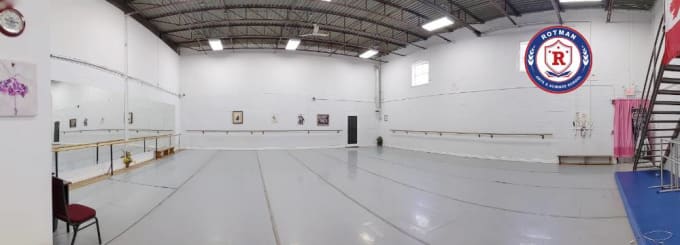





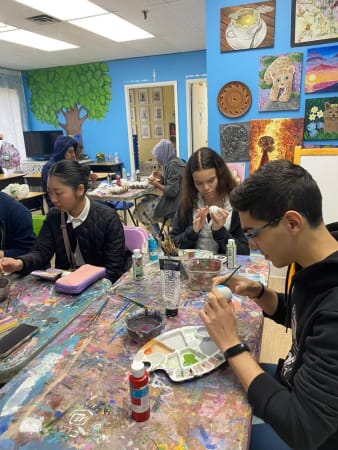






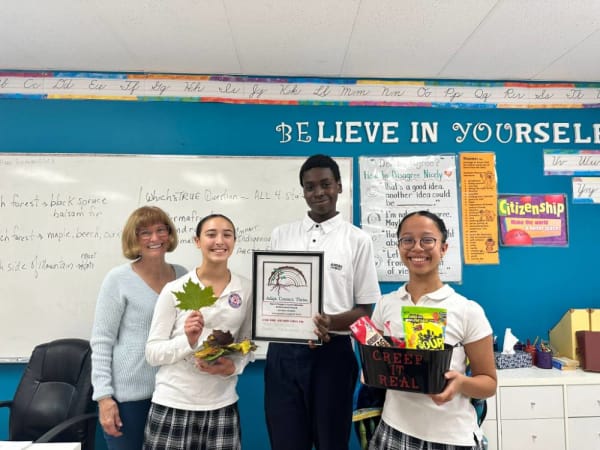





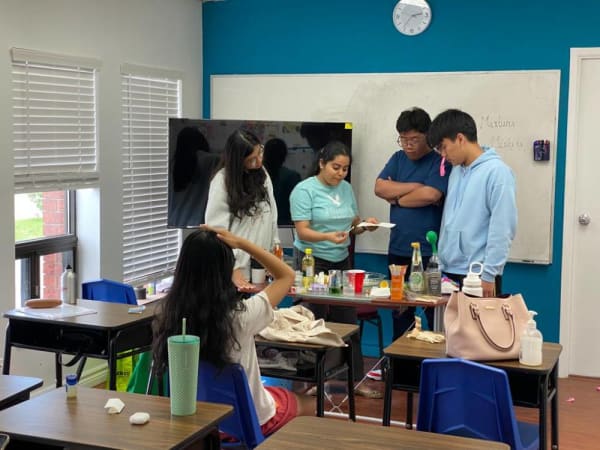
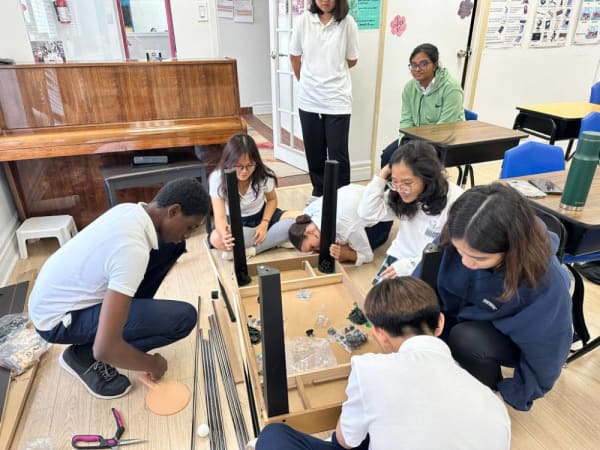



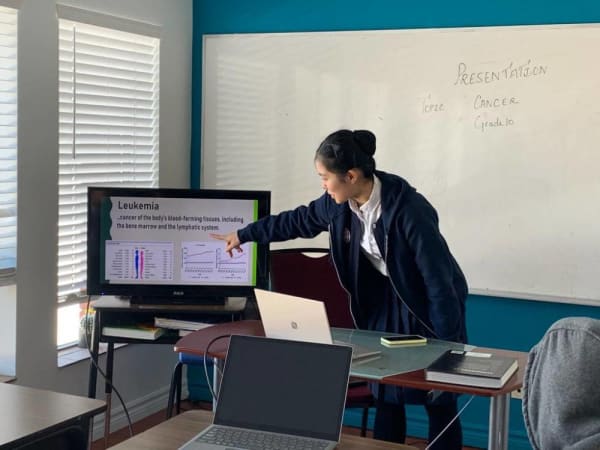



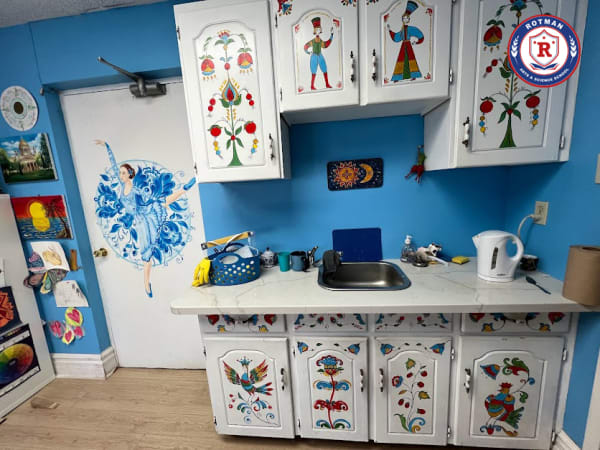
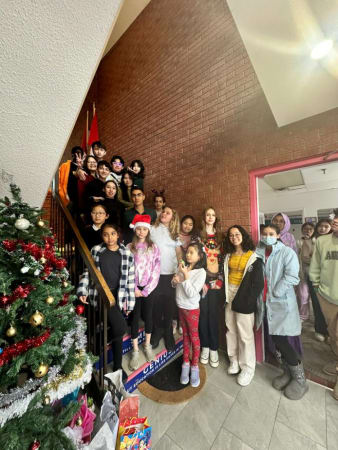




How people from the school’s community see Rotman Arts and Science School
Top-down influence on the school’s direction and tone

Vladimir Demine, Principal
Dear parents and students,
I am delighted and filled with enthusiasm to extend a heartfelt welcome to each and everyone of you as the Principal of Rotman Arts and Science School. As we commence this new academic year, I am excited to be part of this lively educational community committed to nurturing young minds and instilling a mindset of boundless possibilities.
Our school takes pride in providing a safe, nurturing, and inclusive learning environment where every student can thrive and achieve their full potential. We believe that education is a lifelong journey and our dedicated team of educators work tirelessly to inspire and empower our students to become responsible, resilient, and compassionate members of society.
At Rotman, we strive for excellence in all that we do. We offer a comprehensive curriculum that is designed to meet the diverse needs of our students, and we provide a range of extracurricular activities that enable our students to develop their talents and interests.
We are deeply committed to foster strong partnerships with our parents, students and community members, and we welcome your feedback and input as we work to continuously improve our school.
Thank you for your interest in our school, and we look forward to working with you to provide the best education for our students where they can thrive and reach their full potential."
Sincerely,
- Vladimir Demine
19th years Principal of Rotman Arts & Science School
THE OUR KIDS REPORT: Rotman Arts and Science School
Next steps to continue your research:
Continue researching Rotman Arts and Science School with OurKids.net, or visit school website.